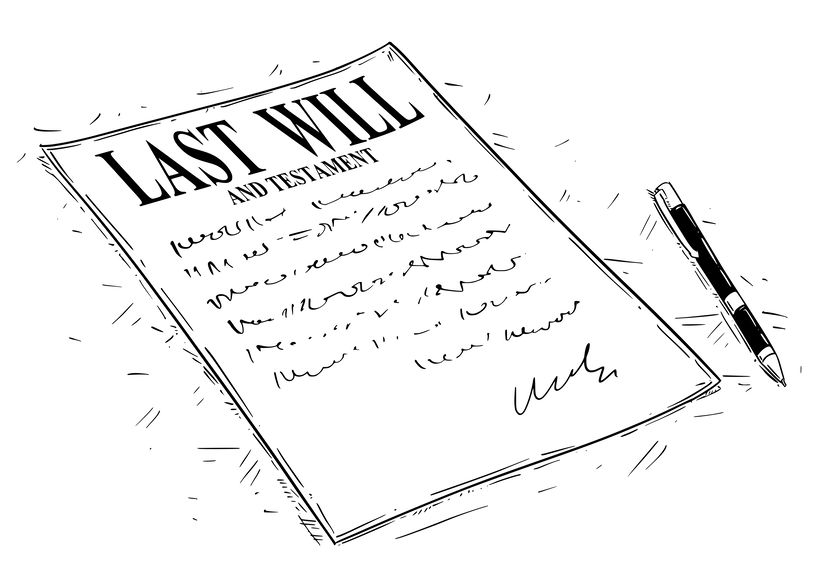Having a written Last Will and Testament is an essential part of an estate plan. It reflects all of your wishes upon your death, including who the beneficiaries of your estate are and how they are to inherit from you upon your death. Without one, you can potentially face the risk of your assets being distributed contrary to your intentions under the default laws of the state of Florida. If you do not have a will upon your passing, you are considered to have died intestate and your estate will be governed by the laws of intestacy under a probate proceeding in the court.
What Happens When You Die Without a Will in Florida?
Dying intestate can happen in three situations: 1) where the decedent did not execute a will; 2) where a valid will was executed but later revoked by the decedent before their death; or 3) where the executed will was later held to be invalid by a court. In these instances, the assets that make up the decedent’s probate estate are distributed to the heirs in order of priority. In Florida, first in line will be the decedent’s surviving spouse. Depending on whether both the surviving spouse and the decedent share children together, the entire estate will be distributed to the spouse.
If the decedent has children from a prior marriage, then the surviving spouse will get half of the estate and the children from the prior marriage will take the other half. In other scenarios, if the decedent passes away with no surviving spouse, the heirs will be his children.
If there is neither a surviving spouse nor any lineal descendants upon the decedent’s death, the decedent’s parents would be the heirs of the decedent’s estate. If there are no surviving parents, the inheritance will go to the decedent’s siblings, if there are no surviving siblings, next in line will be aunts, uncles and cousins. It is very rare for the state of Florida to take the decedent’s estate, as the Florida Probate Code provides a long list of eligible heirs who may inherit the assets far before the state keeps the property.
Which Assets Pass by Intestate Succession in Florida?
Not all assets in your estate go through the probate system when you die intestate. Alike in both intestate and testate circumstances, some assets skip the probate system as a whole and are then inherited directly by the beneficiaries. For example, securities and bank accounts such as payable-on-death or transfer-on-death accounts are exempt from intestate succession laws. Other assets such as life insurance policies and properties held in a trust are also examples of what are known to “will substitutes”. Mainly because they act as they would a written will, but are protected from probate as they are automatically transferred to the beneficiary upon the decedent’s death.








